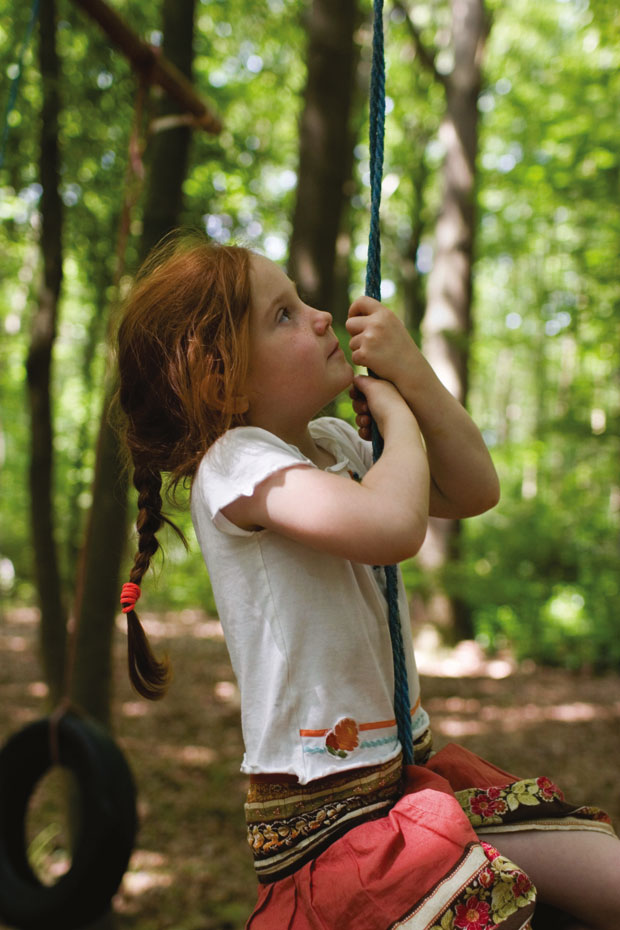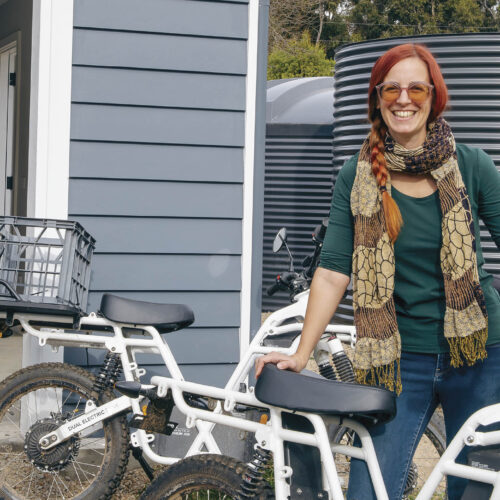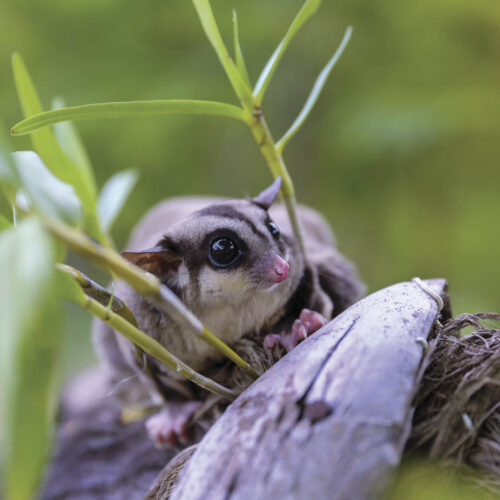Why Kids Need Nature
2012-04-09T01:50:44+10:00
KYLIE McGREGOR looks at the importance of outdoor play and why children should be swapping screen time for ‘green’ time.
Recent research shows that our children are spending dramatically less time outdoors than previous generations and suffering what one expert has dubbed “nature-deficit disorder”.
Climbing Trees: Getting Aussie Kids Back Outdoors is a study commissioned by environment group Planet Ark to investigate childhood interaction with nature and how it is changing. It reveals a huge shift in children’s outdoor recreation time – reduced from 73 per cent to just 13 per cent in the space of one generation.
It also found that children are interacting differently with nature compared with the previous generation, with less than 20 per cent of children having ever climbed a tree and one in 10 playing outside only once a week or less.
Sonja Kuzich, a lecturer in education and sustainability at Perth-based Curtin University, says unstructured outdoor play is essential to a child’s overall wellbeing.
“Studies are finding that outdoor play affects their cognitive, emotional and physical health,” she says. “It has also been found to improve academic performance. And children with ADHD [attention deficit hyperactivity disorder] have also been found to perform better after contact with nature.”
Kuzich cites another Australian study, Growing up in Australia, which showed that between 2004 and 2008, six to nine year olds spent (on average) just under two hours a day outdoors on the weekend, with the rest of their time spent on sedentary indoor activities. The result, she says, is a growing list of health issues including rising obesity, attention disorders and depression – the latter appearing at an increasingly early age.
Kuzich says the statistics are a wake-up call to reverse this trend and encourage children to venture back outside and reconnect with nature.
“Loving, living and learning through nature are an essential part of childhood, ” she says. “At a time when concerns about the state of the globe, environmental destruction, climate change and precarious political, social and economic conditions are paramount, there is an irony that children are being increasingly divorced from the very elements that may be the key to our future survival.”
According to the Climbing Trees report, the main barriers to outdoor play are parents’ concerns about crime and safety and a significant increase in time spent watching television and playing computer games.
Australians are not alone though, with US studies revealing that this “disconnection” with nature has become a worldwide issue. So much so that US author and chairman of the Children & Nature Network, Richard Louv, has coined the term “nature-deficit disorder” to describe the price of our children’s growing alienation from nature.
The good news is that this trend can be reversed – with simple activities to encourage kids (and adults) to spend time in the great outdoors (see ‘Great Outdoor Activities’ box). And the pay-off is worth it. The Climbing Trees report cited numerous other research that demonstrated the physical, cognitive and general wellbeing benefits of outdoor play, including:
- Improved motor coordination and increased ability to concentrate.
- Greenery (such as trees and grass) in a child’s everyday environment reduces the attention deficit symptoms.
- While outdoors, a child is more likely to encounter opportunities for decision making that stimulate problem solving and creative thinking.
- An opportunity to learn vital social skills such as turn-taking, sharing, negotiation and leadership.
- The ability to improve emotional wellbeing, including minimising anxiety, aggression and sleep problems.
Even better – the benefits of nature-based play are just as good for big kids. “See nature as an antidote to stress,” says Louv in his book Last Child in the Woods. “All the health benefits that come to a child come to the adult who introduces that child to nature. Children and parents feel better for spending time in the natural world – even if it’s just in the garden.”
Last Child in the Woods: Saving our Children from Nature-Deficit Disorder by Richard Louv, published by Atlantic.






